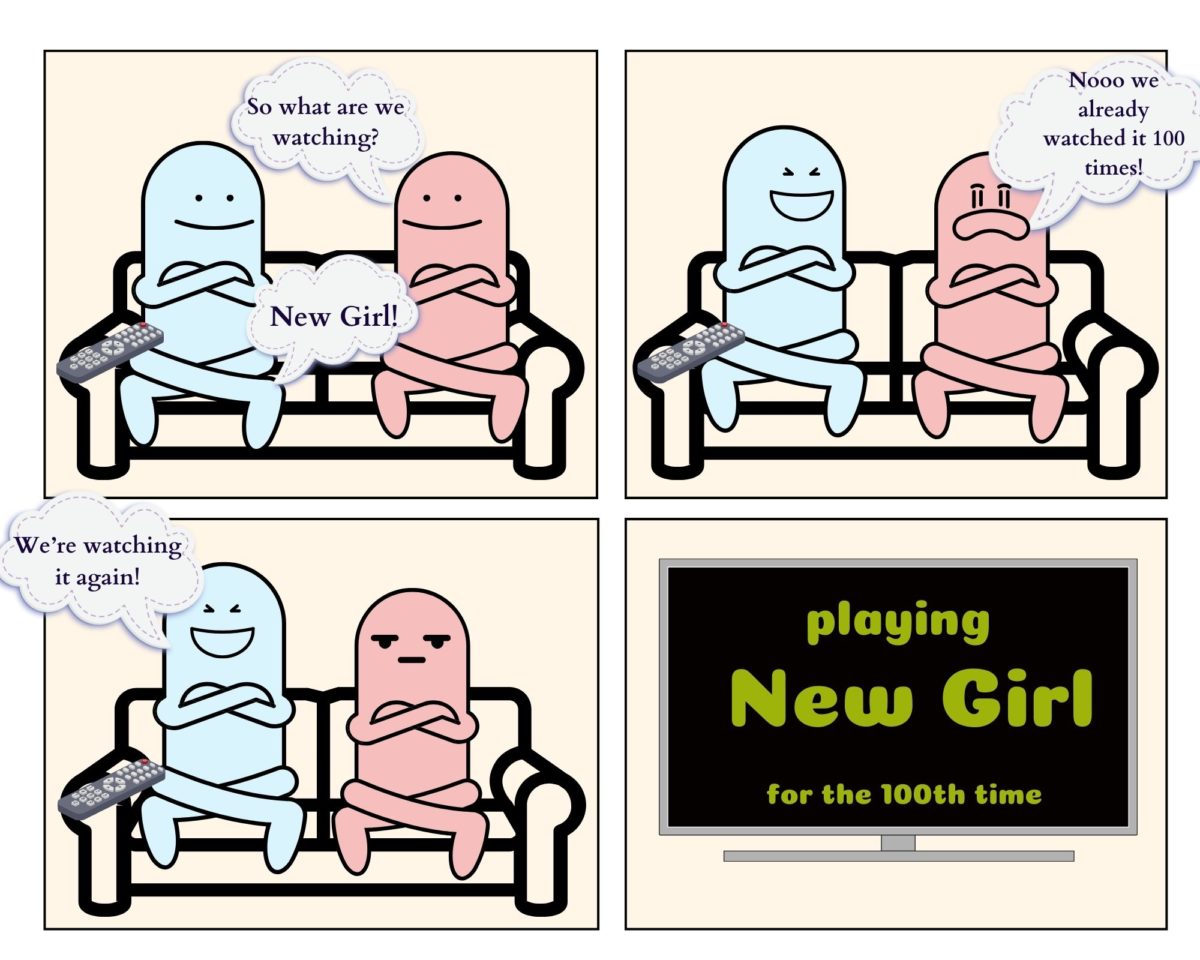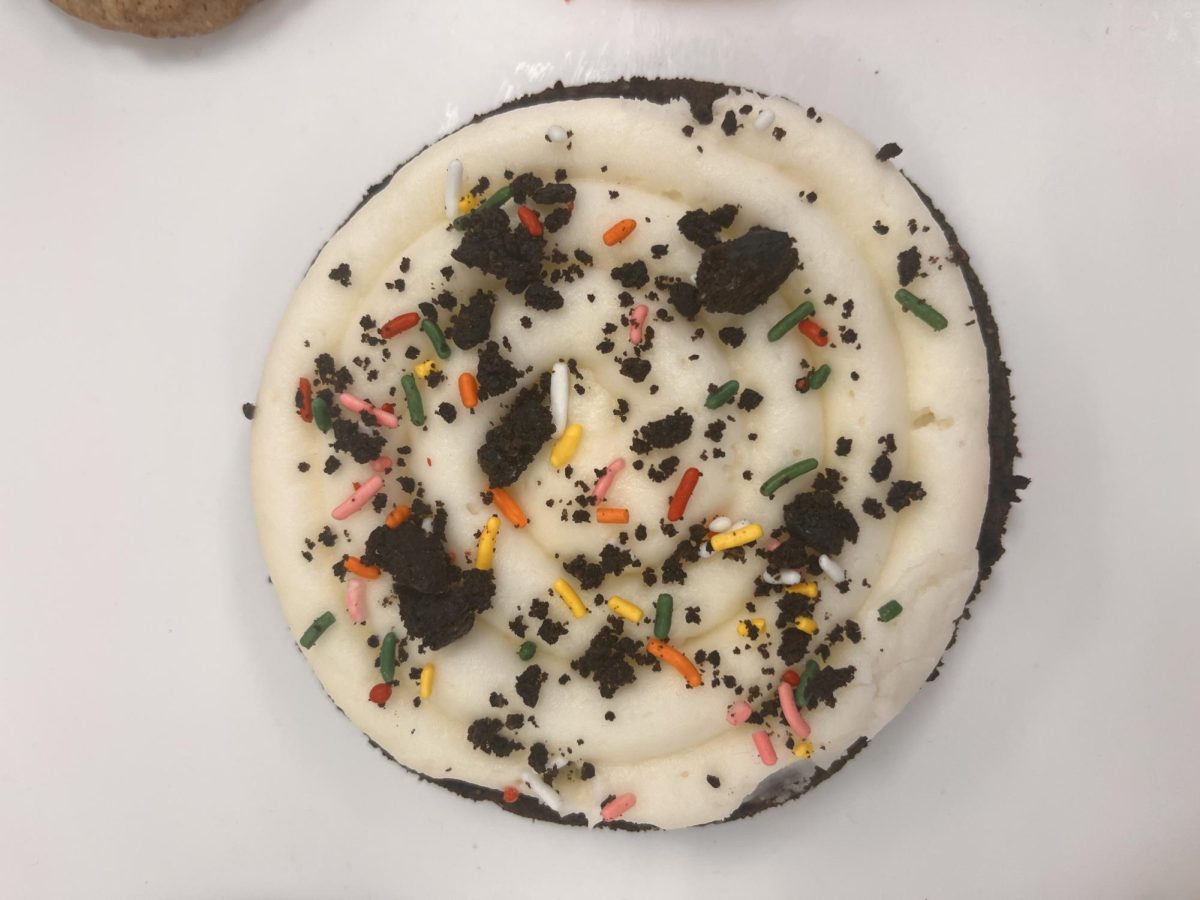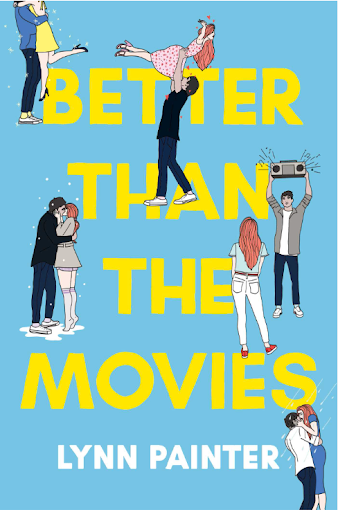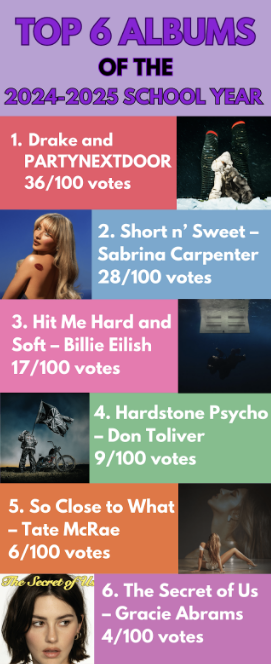Senior Noel Lackey sees the familiar red and black Netflix logo flash on the screen as she starts watching her favorite show, “Gilmore Girls,” for the tenth time. For her, “Gilmore Girls” is a comfort show: a feel-good show that people watch multiple times.
According to Psychology Today, the reason people prefer rewatching shows has something to do with people’s cognitive load or the amount of stress on a person’s working memory. According to the National Institute of Health, working memory is the small amount of information that can be held in the brain for immediate use. Rewatching shows offers a reprieve from stress, anxiety and excessive thinking.
“I’ve watched them so many times because I love them so much,” Lackey said. “I just want to be able to watch the whole thing again with the feeling of like ‘oh my gosh what’s going to happen’ but without the actual anxiety of suspense.”
Human’s brains have mirror neurons which create an empathetic response, meaning that the parts of the brain that activate when someone falls and skins their knee, for example, are the same parts of the brain that activate for someone else who just watches it happen. Although the feeling might not be as strong, it still creates an emotional connection between people.
“We feel the same way towards fictitious characters as we do with our actual friends,” psychology teacher Matt Miles said. “We connect with the characters over and over just like we do with our friends.”
Moreover, people’s comfort shows are often childhood cartoons. According to the Northwest Osteopathic Medical Foundation, nostalgia is the biggest reason, as it helps people feel safe and connected to the people and experiences that made up their childhood: friends, a lack of responsibility and the ability to live in the moment without worrying about the future.
“‘Phineas and Ferb’ really captures the childhood essence of trying new things,” junior Himagnya Elaprolu said. “They built roller coasters, and I probably built like a mud pie or something. It’s nostalgic. It’s an escape from my teenage life.”
In a more modern-day context, the pandemic showed an increase in the number of people re-watching shows, according to Longevity LIVE. Comfort shows brought a sense of predictability and control for people in a time when the future was unpredictable. It’s the safer option compared to overwhelming the brain by starting a completely new show and having to deal with the suspense and uncertainty.
“If you haven’t watched a show in a while and you watch it again, it’s like catching up with a friend you haven’t seen in awhile,” Miles said. “That warm fuzzy feeling you get from that experience is similar to what you would get from comfort shows.”









